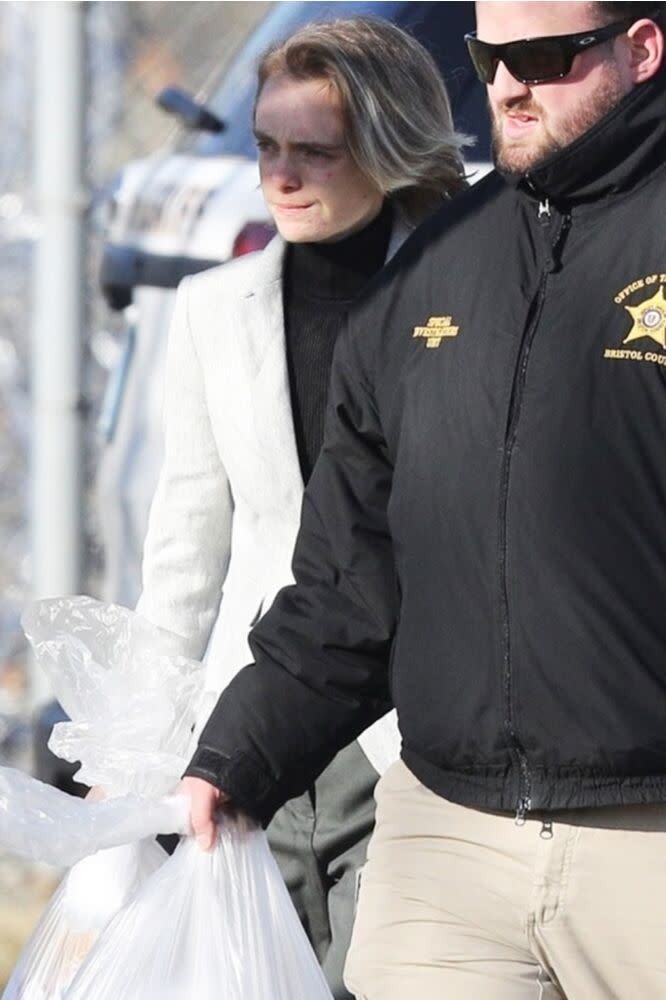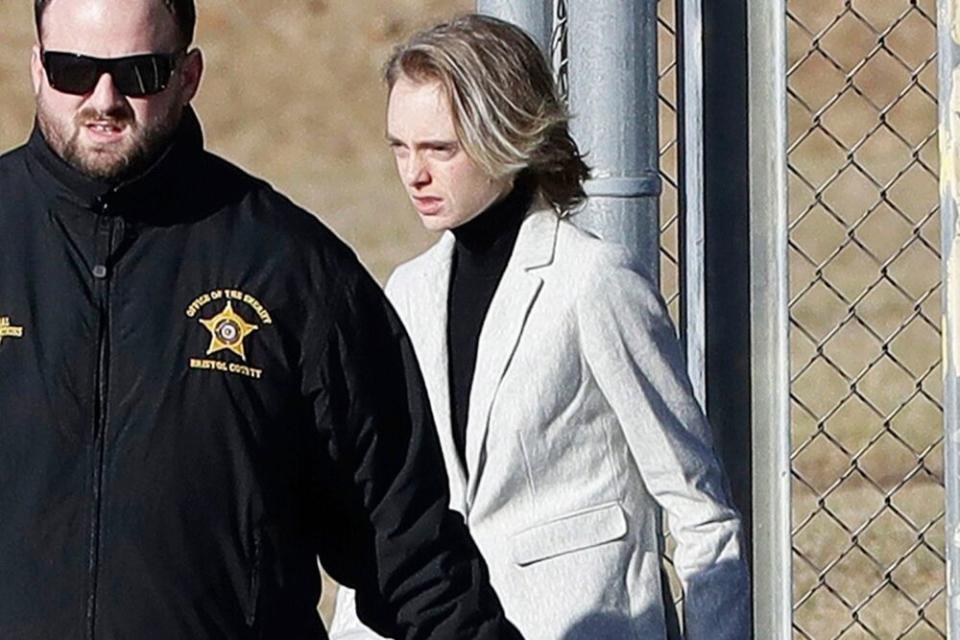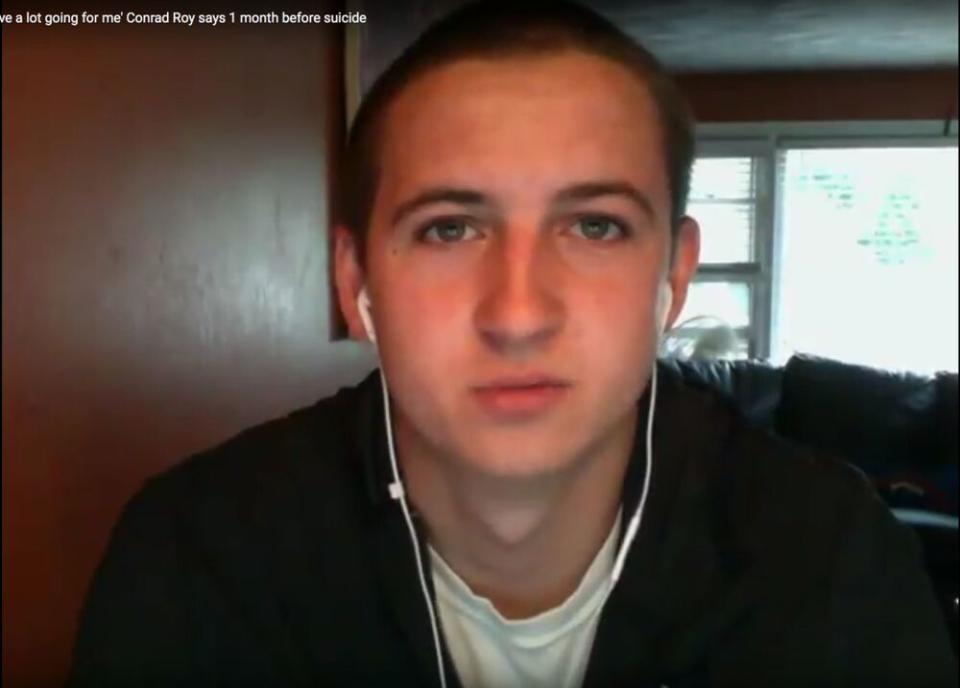Why Michelle Carter Was Released More than 3 Months Early From Her Prison Sentence

The involuntary manslaughter conviction of Michelle Carter for urging her suicidal teen boyfriend to kill himself through texts and phone calls in 2014 was followed by a judge’s sentence ordering her to serve 15 months in prison.
On Thursday Carter was released more than three months before the end of that sentence, thanks to Massachusetts state law that allows inmates to shave up to 10 days per month off their full sentence by accruing “good time” credit for exemplary behavior.
“Michelle Carter was considered a model inmate at the Bristol County House of Corrections,” Jonathan Darling, spokesman for the county sheriff’s office, tells PEOPLE. “She was very busy. She took part in a lot of programs, was polite with the staff, had no problems with other inmates.”
“We had no trouble with her at all,” he said.
Carter was set free about 9:30 a.m. and picked up by her parents and her attorney, says Darling. She now begins a five-month period of probation.
She began serving her time in February 2019, and ultimately served 11 months and 12 days. Her initial release date would have been May 5.

RELATED: Inside the Conviction of a Massachusetts Woman Who Urged Her Boyfriend to Kill Himself in Texts
Carter’s conviction followed her role in the death of 18-year-old Conrad Roy III, who was found dead from carbon monoxide poisoning in his pickup truck on July 13, 2014, in the parking lot of a Kmart in Fairhaven, Massachusetts.
In hundreds of texts and statements that came to light afterward, Carter, who was 17 at the time, was revealed to have pressured her boyfriend to go through with his suicide.



The judge who found her guilty specifically cited Carter’s written admission to a friend that, after Roy got out of the truck and shared his last-minute fears with Carter in a phone call before he died, she had told him to “get back in.”
Both teens had struggled with depression, and Roy had made previous attempts at suicide.

Although Carter’s defense acknowledged her exchanges with Roy, her attorneys argued that prosecutors had “cherry-picked” only those text messages that served their case against her, ignoring others in which Carter urged Roy toward help for his struggles.
Her defense team further argued that Carter’s statements were covered by First Amendment free-speech protections, and that she shouldn’t be found guilty for a crime because of words alone, especially when she wasn’t on the scene where Roy committed suicide.
Want to keep up with the latest crime coverage? Sign up for PEOPLE’s free True Crime newsletter for breaking crime news, ongoing trial coverage and details of intriguing unsolved cases.
But police said Carter deliberately misled friends and Roy’s family members in the days and hours before Roy died, claiming to them that he’d gone missing at the same time the two of them were in contact and he was planning his suicide.
On January 13 the U.S. Supreme Court declined to hear Carter’s appeal of her conviction, after the Massachusetts Supreme Judicial Court previously upheld the conviction.
Seven months into serving her sentence, Carter had sought permission from the Massachusetts parole board to to be released. In September, that request also was denied.

